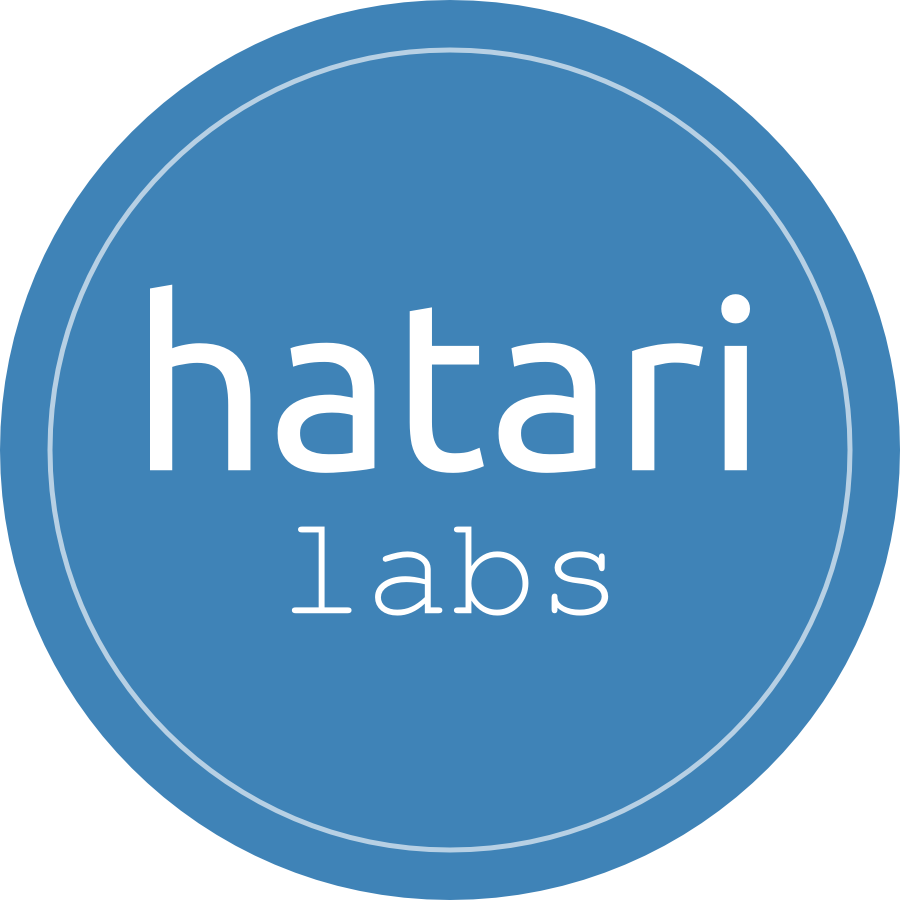Are hydrogeologists / numerical modelers forbidden from cloud services?
/In the semantic space the forbidden word is related to refuse to allow, and thus can create a controversy with the freedom of hydrogeologist / numerical modelers to choose whichever tool that can make the work done or the simulation run. However we as specialists in one part of the dynamics of the subsurface are conscious that solutions can not and must not be evaluated by single criteria.
We never wanted to give a specific opinion or a deep analysis for this topic, because the effort could be oversized to the general way to select tools and software for groundwater modeling. Since we can’t change, and we are sure we won’t change this on the near future or maybe in our lifetime, the fact that most hydrogeologists would model with the same tools that they have learn on their post degree studies or in their training programs despite the fact how clear are our tutorials, how many open source software are available, and how relevant documentation and research are published.
People dont change tools unless something extraordinary happens, and those moments are dim spaces of light in everyone's existence. We could see that the “cloud” wave could hit the work of hydrogeologist and somehow people / offices can believe that they are innovative because they can run a Modflow model on a AWS or Azure platform.
But the fact is …
We love the web, we love the social networks and if we haven't launched a Tik Tok channel it is because we are short of time. However, as critical users of everything, we know something about cloud services that could deter its application on groundwater modeling.
Ok, so, repeat after me three times:
It is not a “cloud” computer, it is someone else's computer.
It is not a “cloud” computer, it is someone else's computer.
It is not a “cloud” computer, it is someone else's computer.
The cloud doesn’t exist, it is just the name to secure connections to other computers and other storage devices that in a group sense can be defined as cloud computing.
But web services were designed to publish and store data, but not to compute. The dedicated servers are charged by hour and the cheapest one dedicated host from AWS can hit the 323.28 USD by month (know more on this link: aws.amazon.com/es/ec2/dedicated-hosts/pricing/). Companies that require high-performance computing (HPC) prefer not to move to cloud services because it is five or seven times cheaper to have their own servers (read more on:www.computerweekly.com/feature/How-long-until-cloud-becomes-the-preferred-environment-to-run-HPC-workloads).
Something that is not yours
But you can believe that you or your organization have the resources to build cloud infrastructure for groundwater modeling like other companies want to mine asteroids without caring if the atmosphere could handle the emissions and impact of interplanetary transports. You can believe that you can do it, that you can finally prove that your work is better because you could make it online, but you have to remember something important: “The groundwater is not yours, and it will never be”. Even if you are in a country where you can buy the groundwater that is below your terrain it is much interconnected with the neighboring groundwater and the surface flow.
So solutions on groundwater modeling have to be weighted based on the interoperability of data, public access to model results, discussion of hydrogeological evaluations, reproducibility of simulations and review from third party experts.
But we believe in the cloud
We believe that groundwater modeling needs to be more interconnected to the cloud, but your cloud, meaning that your computer will be a server that provides a higher level of interaction with groundwater models, and that would mean a lot of Nginx, Postgres, Python, Nodejs, Kubernetes, Docker and others.
























